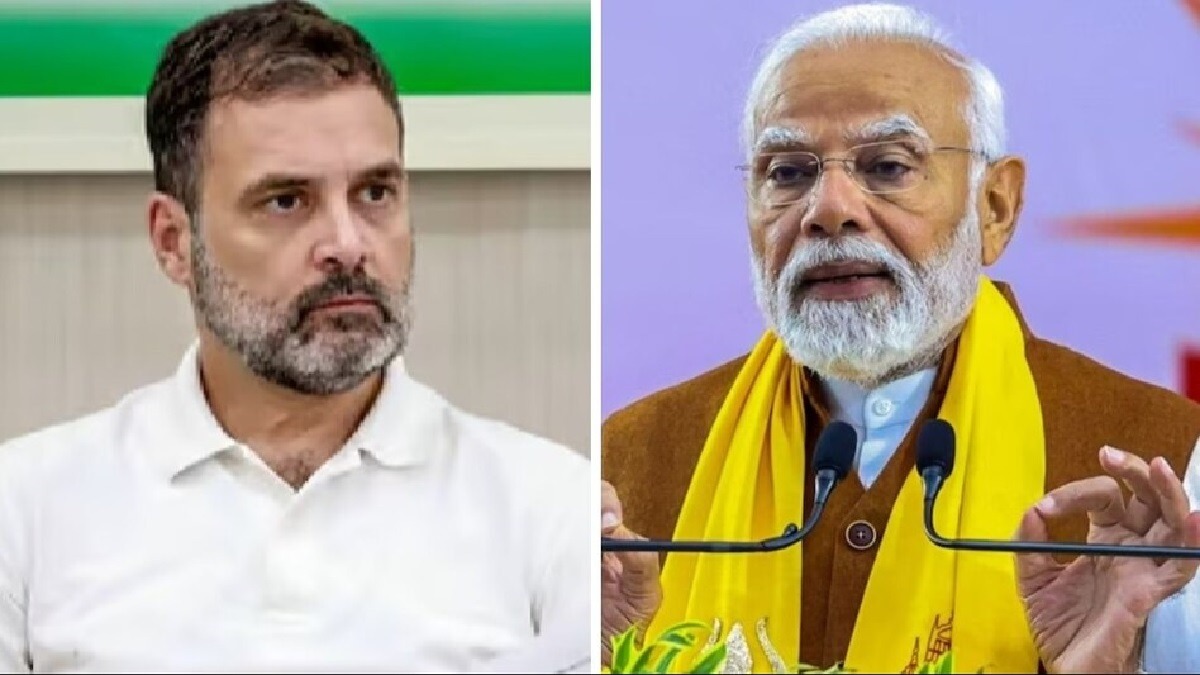Opposition parties often claim that the ruling coalition is on the brink of collapse. Recently, Rahul Gandhi joined this rhetoric. Speaking with international media, the Congressman alleged that even a slight mishap could topple Modi’s government. He also suggested widespread discontent within Modi's faction, claiming many are in touch with him. In an interview with John Reed, South Asia Bureau Chief of Financial Times, Gandhi made these assertions. Is there merit to his claims? We analyze the statements of Rahul Gandhi and Congress Party President Mallikarjun Kharge through four lenses.
1- How long can NDA's current coalition government sustain?
While the NDA government seemingly rests on fragile support, history shows us that coalition governments have functioned effectively for 15 years before the last decade. Governments formed in 1999 under Atal Bihari Vajpayee and in 2004 and 2009 under the UPA completed their full terms. In fact, the coalition formula has matured over time. Tactics like 'carrot and stick' were employed to maintain the government and pass significant bills, as demonstrated during Manmohan Singh's tenure. Institutions like CBI and ED were instrumental in this political maneuvering. Believing the coalition government won't last its full term is nothing but an illusion.
2- Is India positioned to form a new coalition government?
Rahul Gandhi asserts contact with NDA members, akin to a BJP leader claiming communication with coalition party MPs. Transitions aren't easy due to anti-defection laws. BJP's firm hold on the system and public support makes governmental shifts challenging. Reaching the majority threshold of 272 seats in Lok Sabha is a monumental task for any party. With BJP's solid base of 240 MPs and allies adding 53 MPs, any drop below 22 seats from the coalition may lead to instability. However, splitting a party benefits the ruling party due to parliamentary power dynamics. Therefore, luring away NDA MPs is no trivial feat.
3- Why has BJP entered election mode again?
Despite merely weeks since the last election results, BJP appears to be gearing up for future elections. Strategies to address voter's concerns are being deployed, illustrating BJP's readiness for potential elections. In contrast, newly elected MPs of Congress and other parties would be reluctant to face voters again so soon. Political analysts like Vinod Sharma suggest that neither Congress wants to risk immediate elections by having Rahul Gandhi resign from Rae Bareli nor does the public mood in UP favor abrupt polls.
4- Why would BJP want a mid-term election?
Should the opposition somehow achieve a majority, it's implausible that NDA would transfer power without a struggle. If pushed, the current administration might just dissolve the Lok Sabha and call for a mid-term poll. Historically, coalition governments fall when the ruling party senses advantageous conditions. Likewise, BJP's allies would withdraw support only if it served their voter's interests. For the next two years, no party is likely to seek an early election as the political landscape isn't poised for such a move.




